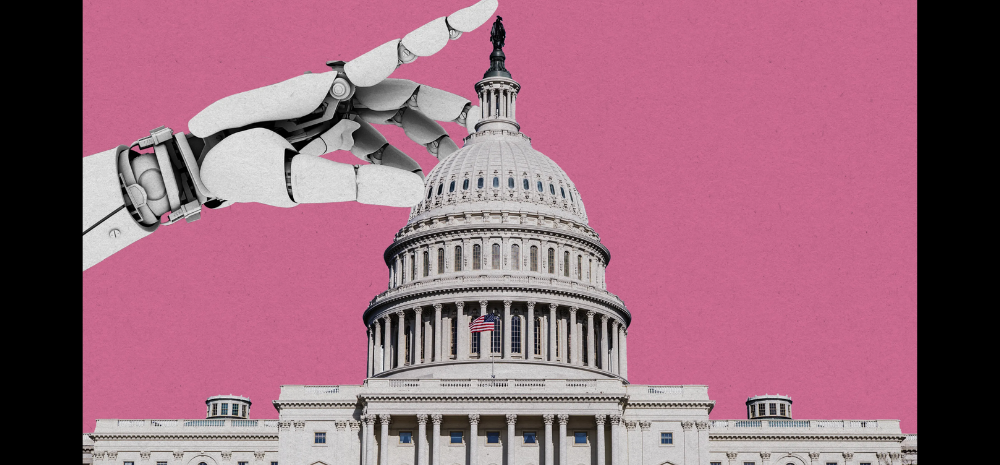U.S. President Joe Biden will take comprehensive action on artificial intelligence (AI) on Monday, aiming to enhance safety measures while safeguarding the interests of consumers, workers, and minority groups against the potential risks associated with this technology. This executive order represents the latest effort by the administration to establish guidelines for AI, which is rapidly advancing and gaining popularity in a relatively unregulated environment thus far.

New Executive Order Strengthens Oversight of AI Safety and Security
AI companies like OpenAI, Alphabet, and Meta Platforms have previously voluntarily committed to watermarking AI-generated content to enhance safety. However, the new executive order, to be unveiled by Biden, goes further than these voluntary commitments. It mandates that developers of AI systems posing risks to U.S. national security, the economy, public health, or safety must share the results of safety tests with the U.S. government, following the standards set by the Defense Production Act, before making them available to the public.
Furthermore, the order directs government agencies to establish testing standards and address associated risks in areas such as chemical, biological, radiological, nuclear, and cybersecurity. To ensure clear communication in government dealings, the Commerce Department will develop guidance for content authentication and watermarking for items created by AI.
Advancing AI Governance: New Measures and International Cooperation
White House Deputy Chief of Staff Bruce Reed characterized this order as the strongest collection of measures adopted by any government to guarantee AI security. It encompasses issues such as privacy, housing discrimination, job displacement, and other concerns, all aimed at striking a balance between leveraging AI’s advantages and minimizing its potential risks.
In addition to this executive order, the Group of Seven industrial countries is set to agree on a code of conduct for companies developing advanced AI systems. While some critics have suggested that Europe has been more proactive in AI regulation, the U.S. officials assert that this executive order has legal force and that legislative action from Congress is also needed for comprehensive AI governance. Biden is specifically calling on Congress to pass legislation related to data privacy.
The executive order acknowledges the potential for AI to amplify bias and civil rights violations, and it calls for guidance to prevent AI algorithms from exacerbating discrimination in various areas, including housing and federal benefits programs. It also emphasizes the need to develop “best practices” to address potential negative impacts of AI on workers, including job displacement, and requires a report on the impacts on the labor market.
Vice President Kamala Harris will attend an AI global summit in Britain, where China is also expected to be represented. The summit, hosted by British Prime Minister Rishi Sunak, focuses on the role of governments in addressing the risks associated with AI, including the potential for misuse in the development of chemical or biological weapons and concerns about a loss of human control.













